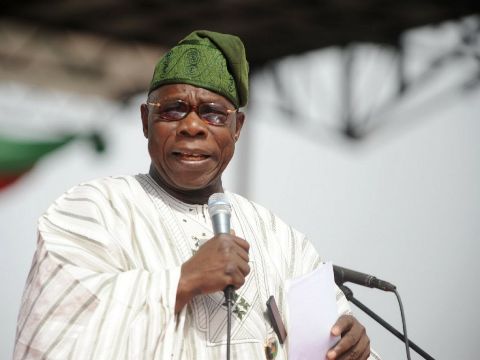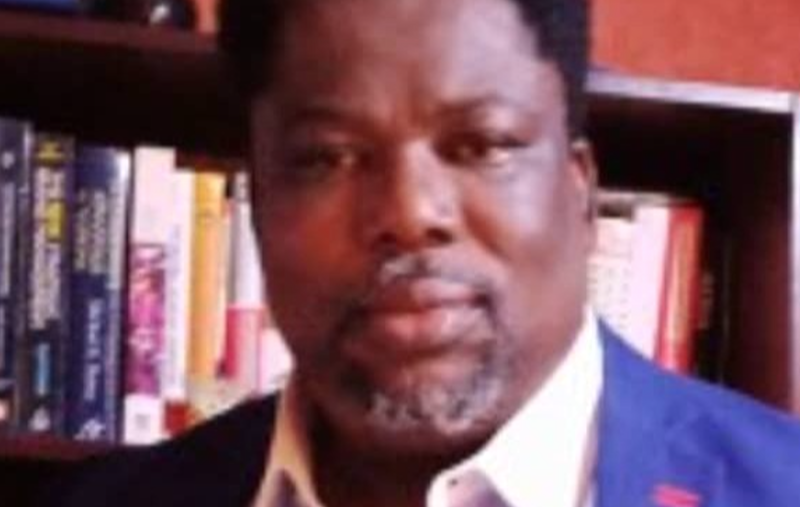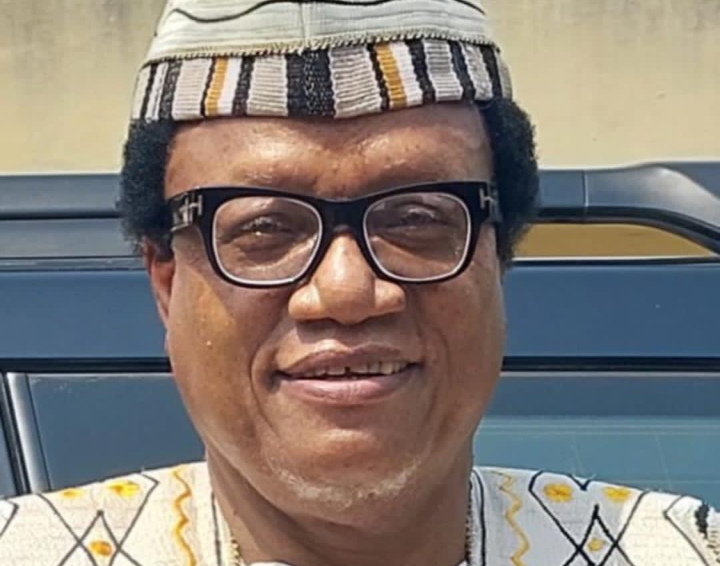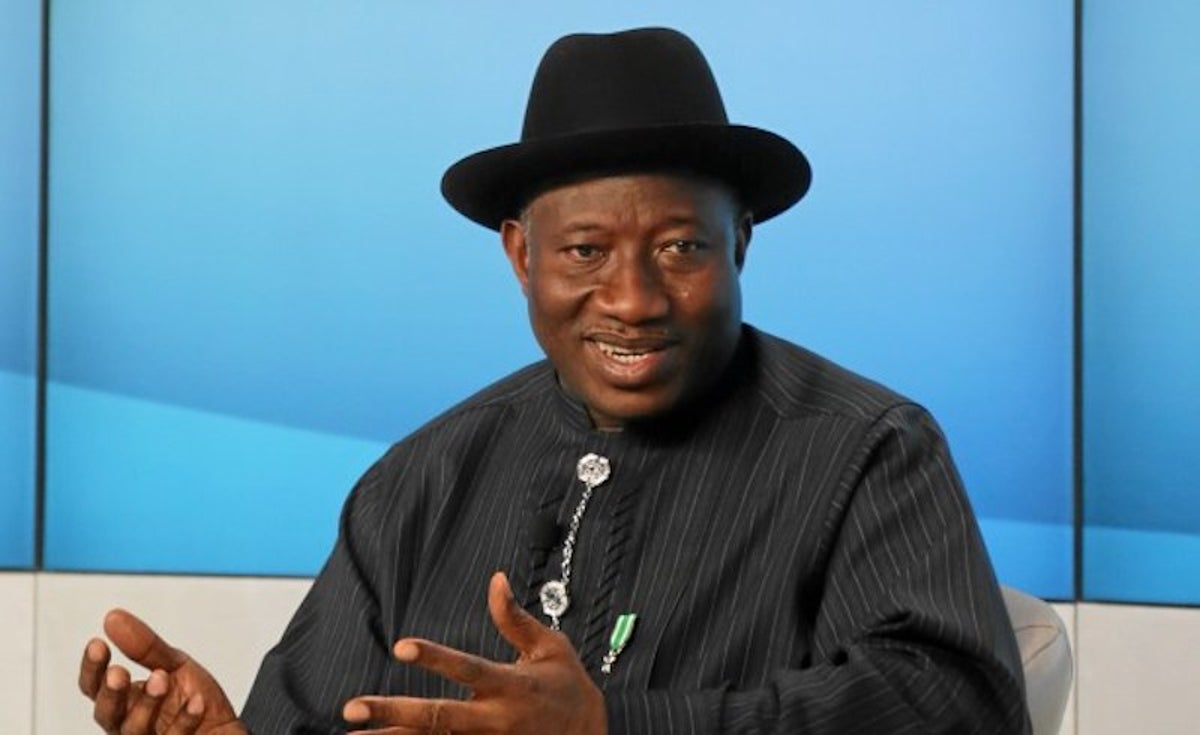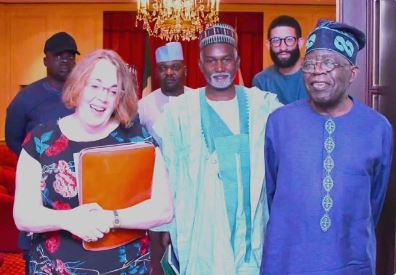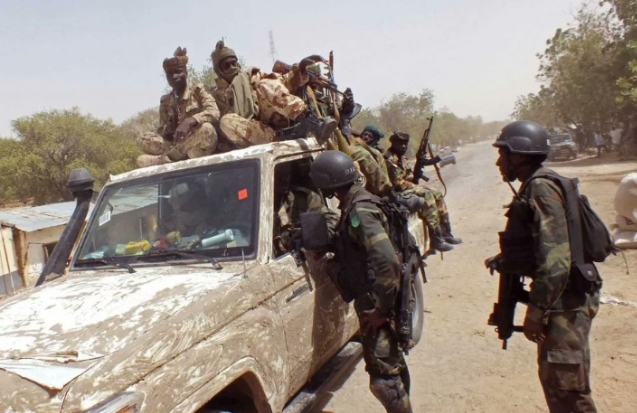The off cycle governorship elections in the three states of Bayelsa, Imo and Kogi have come to a rowdy and contentious end. As is typical of all Nigerian elections in recent times, the electoral battlefront may have paused in those states. The scene will soon shift to the futility of mostly compromised courts and tribunals with the predictable outcomes . As elections go, most estimates have concluded that what took place last Saturday is basically a compressed edition of the contentious February 25th presidential election. All the footprints are complete. As it were, we have just witnessed a small parade of everything that is wrong with our fledgling democracy.
Vote trading was on open display. Political retail traders were out at the polling stations brandishing bales of Naira notes and a few dollars to buy and sell votes as necessary. For hungry voters, it was simple demand and supply of ‘stomach infrastructure’ and its accompanying cash backup. EFCC operatives and other likeminded security agencies who wanted to appear busy reported that they confiscated a paltry N14 million (a little over US$12,000) in cash from the vote traders in all three states!
Intimidation of election officials and sabotage plots were in abundant evidence as well. Somewhere in the creeks of Bayelsa, for instance, some INEC official was abducted and his voting materials confiscated by unknown hoodlums. He later reappeared to say that he had been released by his captors. End of drama!
Violence and intimidation featured predictably as well. In Imo, some polling units became battlefronts with gun wielding persons firing shots in no particular direction to scare off voters and party agents in familiar bold armed robbery operations. Apparently, paid political thugs in the service of party chieftains found other uses for their weapons in the ensuing confusion.
There were also reports of result falsification and tally tampering. In some local government areas in Kogi, results were reportedly ready before voting commenced! Pre-completed INEC result sheets were on display. Even INEC later confessed that something on the scale of a ‘sabotage’ went wrong in Kogi and so ordered fresh elections in parts of the state for yesterday, Saturday the 18th of November.
Not to talk of open displays of violent acts in full view of security agents. At the state collation centre in Imo, a big free for all fight erupted. The agent of one party was caught on video thoroughly beaten up, kicked and punched into a heap on the floor. Worse still, at the collation centre in Bayelsa, a party agent was killed in the excited brawl of clashing contested victories. Sporadic incidents of ballot snatching were similarly reported. In one instance in Kogi, some ballot snatcher was reportedly shot dead by zealous soldiers.
A few familiar electoral curiosities emerged in the process of this election. In the whole of Imo state, for instance, it has been reported by some independent observers that there was hardly any electronic transmission or collation of results. It was mostly manual. Similarly, BVAS accreditation was by-passed in many places while manual accreditation was mostly the order of the day leading to reported cases of over voting for which some parties are headed for the tribunal to protest. Yet, as early as 10 am on Sunday, barely a day after polling, INEC announced the entire result for the state. An excited re-elected Hope Uzodinma took to the dance floor with his wife in the Owerri Government House to celebrate.
As usual, INEC’s technology devices worked in fits and starts or not at all. In many places, it was reported by journalists and observers that the voter accreditation BVAS platform did not work. INEC resorted to manual accreditation or, reportedly, no accreditation in some places. The IREV uploading gimmick was hardly in evidence. Reportedly, only up to 50% of results in all three states had been uploaded on BVAS by Sunday night, 24 hours after balloting! Perhaps it is about time we asked INEC to totally eliminate its fiddling with technology and go completely manual and analogue.
Sundry independent election observers have since issued reports full of reservations and outright indictments of the conduct of the elections in all three states. As usual, INEC continues to carry a burden of lack lustre performance, incompetence and dodgy refereeing. YIAGA Africa, for instance, has issued a report that points out, among other failings, that INEC’s announced results for all three states include returns from polling units in local governments where no voting took place! INEC is being asked to explain the mystery of these phantom results. In a statement issued at 2pm on Monday, 13th November, the Nigeria Civil Society Situation Room, opined that the failures witnessed in the February presidential elections repeated and even magnified themselves in this off cycle election. But so much for the parade and catalogue of bad things with Nigeria’s democracy.
On the contrary, the fact that the elections in those states have taken place is a plus for Nigeria’s continuing attachment to democracy. It is also a plus that barely two days after the elections in the three states, all the results were announced. Furthermore, the degree of violence witnessed in all three states is still lower than what was feared given the backdrop of nationwide insecurity. Imo in particular had remained a hotbed of violent thuggery and suspected IPOB separatist insurgency. It was feared that pro-Biafra elements would outrightly prevent elections in significant segments of the state. The fact that there was hardly any IPOB related violence says something of previous security assessments and conclusions. To that extent, there would seem to be some improvement in the performance of the security agencies in protecting the elections as an important national democratic event.
Yet we cannot ignore the more fundamental and dangerous signs that these elections have underlined for the future of democracy in Nigeria. In all three states, voter turnout was abysmally low. This trend is merely an intensification of what occurred in the February presidential elections which makes it all the more concerning. People who had better things to do just shunned the polling centres and went about their business. As in the presidential polls, only about 30% of registered voters showed up to vote. Less than 30 million of the registered 83 million voters nationwide actually cast their ballots for all presidential candidates in the 18 registered parties.
For instance, President Bola Tinubu’s incumbency is on the strength of less than 10% of registered voters. The matter of low voter turnout nevertheless deserves closer examination and deeper understanding if we are to sustain a tradition of democratic participation. It is a serious commentary on the prospects of democracy in the country. To that extent, we must seek explanations and seek for remedies.
In the last decade, the spate of insecurity around the country has increased the risk involved in people going out to queue for long hours at polling stations where it has become hard to distinguish between party agents, hired thugs and plain dangerous criminals. On a few recent occasions, many who went out to vote have returned through hospital wards or come home with fractured skulls or broken ribs as a result of violent attacks by thugs. Ordinary people who have little or nothing to show for their previous exertions now weigh the risk to reward ratio of going out to vote and most prefer to stay home.
Even for the habitual voters who go out because there is an instant reward in the form of cash or food items from vote buyers have also begun to measure the value of these rewards in an inflationary situation. Inflation has eroded the value of anticipated financial or material rewards to hapless poor voters.
Even more frightening is the tendency for the ritual of voting to become a low class affair. It is often the case in high brow neighbourhoods that its is the domestic staff- gatemen, security guards, stewards, cleaners and janitors –who go to queue up for long hours to vote. As it were, the elite may have unconciously ceded their democratic rights to the lower classes. The exception may only be during presidential elections when the stakes are elevated to a national level where larger interests come into contention.
In general, the elite or middle class voters are usually reluctant to go out to queue in the sun for hours to vote for a governor or state legislator whose impact on his life is questionable. For this group, there is a growing feeling of disenchantment with the ritual of democracy in a society where cycles of democratic change hardly translate into positive change in living circumstances. This feeling of democratic futility and alienation of the electorate gradually spreading among all soclal classes and groups. This seems to be fuelling a growing new anti democratic consensus among the populace.
The more dangerous implication of this growing sentiment is the gradual death of belief in governments at all levels in the country among the generality of ordinary citizens. Distrust in government easily translates into voter apathy and a breakdown of sense of civic obligation. The cynicism is widespread that government has become increasingly ineffectual in providing solutions to the common problems affecting the daily lives of the generality of people.
There is a more frightful part to this alienation. Those aged 18 to 24 can be described as our ‘democracy generation’. They came of voting age after the 1999 return to democracy and so have not known any other form of political organization and expression than democracy. They ought to be the critical mass of our democracy vanguard but , alas, they are the ones mostly afflicted by cynicism and disillusionment about democracy and governance from most available evidence.
The ‘death of government’ has gradually emerged as a recurrent theme in Nigerian popular discourse. Alongside this theme is widespread cynicism about democracy itself. People are now looking back at the experience of the last 24 years and wondering whether democracy has in fact improved their lot or merely enriched a minority of politicians, public office appointees and their associates. Increasingly, the rituals of periodic voting now looks more like a sham and a charade. There is a street wisdom that politicians only remember the people in four year cycles when they return in search of votes only to disappear into the cocoon of material comfort and privilege.
The summation of it all is therefore a tragic deficit in citizen trust in the state and the efficacy of its institutions to protect or deliver on their responsibilities. Distrust on the state and its insitutions also amounts to a devaluation of the guardrails of democracy itself. Most Nigerians distrust INEC and its ability to conduct free and fair elections. Similarly, the security agencies are seen as being in the service of the rich and powerful instead of out to defend the national interest of peace, security and democracy. In the same vein, the judiciary and the courts enjoy scant trust and respect in the minds of ordinary Nigerians.
In order to salvage Nigerian’s democracy, we need to return to fundamentals. We cannot assume that the mere existence of institutions of state designed to serve democracy is enough to sustain a democratic culture. That is not enough. They have an inbuilt tendency to degrade and self destroy or be destroyed by ambitious politicians unless they are constantly surveiled by a vigilant civil society. We therefore need to return to the rubrics of democracy to see where Nigeria has derailed in the last 24 years and how and where our experience of democracy can be saved and improved upon.
Steven Levitsky and Daniel Ziblatt, authors How Democracies Die, drawing from the untidy experiences of America’s democracy under Donald Trump have provided some insight into what could happen to even the most entrenched democracy when its guardrails and guideposts are systematically assaulted and threatened by political rascality.
Democracy is not a self defending edifice. It is subject to sabotage and destruction if those who gain power from it are not held in check by the people and the existing constraints of democratic institutions. In this regard, our broad conception of democracy remains that it is “a system of government with regular free and fair elections, in which all adult citizens have the right to vote and possess basic civil liberties such as freedom of speech and association”.
In the best locations of liberal democracy such as the United States and Western Europe, the key elements that power democracy are well known and consistent. They include the primacy of the constitution, a national creed that emphasizes freedom and equality, a robust middle class, a high level of wealth and education and a large and diversified private sector. These have remained the key drivers of democracy especially in the United States. These factors are also the key guarantors of the institutional guardrails of democracy in the country over the years. With these elements, it becomes axiomatic that the press would be free, that the judiciary would observe the rule of law to the letter and elections would be free, fair and accurately reflect the true wishes of the people as expressed in the way they vote.
However, the passage of time does not necessarily guarantee the perfection or even improvement of democracy. A democracy does not get better just because time has passed and the rituals have been observed repeatedly over time. On the contrary, even long established democracies can begin to decline with time if certain slips begin to occur as a result of the excesses of those democracy puts in power. This is when democracy begins to decline.
The indicators of the decline of democracy are clearly recognizable in all societies. When politicians begin to treat opponents as enemies in war; when politicians intimidate the press; when freely elected politicians hector and openly insult opposing candidates and parties; when parties refuse to accept the results of valid elections or the political system begins to erode the integrity of courts. Worse still, when competing politicians show open distrust of the intelligence services or seek to subvert the constitutional mandate of the security services then all is not well. When these anomalies overwhelm the polity, then democracy is fatally injured and desperately needs to be saved lest it takes down the state in its decay.
In this descent into undemocratic ways, we can also notice increasing authoritarianism in component states and among key political actors. In extreme cases, it becomes possible for politicians to begin redrawing constituency boundaries or even attempt to rewrite election laws and rules governing voting rights.
In the run up to the 2019 elections in the United States, nearly all these threats to democracy were on full display under Donald Trump. Even now as Trump stages a comeback to the White House, he carries with him these anti-democratic tendencies hence the 2024 US presidential election is a battle for the life of democracy in its best show place.
In Nigeria, the destruction of democracy is in progress. INEC is in self destructive rot. Public confidence in the courts up to the Supreme Court has been eroded by corruption and incumbency compromise. Politicians are in fierce vicious factional fights at elections as in warfare. Political contestants now recruit and arm private armies to wage their political wars. The rhetoric of our political contests drips in abuse, hate and divisiveness. Lately, we have seen the rise and emergence of political emperors and apprentice authoritarians like Nyesom Wike.
Most tragically, our election victories as exemplified by the February presidential elections are now more of power grabs for state capture. Power cartels overrun the political space and occupy the vantage posts of state power to swell private vaults to the exclusion of rival factions and elites.
In general, a democracy can be salvaged if its crisis is merely institutional decay. But when a democracy is imperiled by the very politicians whom it puts in power, there is real mortal danger.
